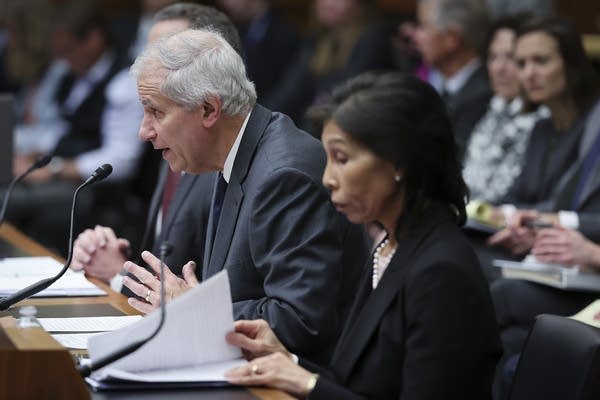
Kelly Silvera
Executive Producer
Kelly is an award-winning journalist with more than 20 years of international experience. She’s traveled all over the world leading news coverage of history-making events. Her video-first reporting of global news stories including the Arab Spring has been recognized by the Emmys, George Foster Peabody, United Nations, New York Film Festivals and Britain’s Royal Television Society, among others. Kelly’s work gives the audience access to a range of perspectives while empowering people to tell their own stories. Throughout her career she has elevated underrepresented voices both in media coverage and the workplace. Kelly began her career at BBC London radio while studying journalism at University of the Arts London. Her extraordinary talent is running very fast in heels.









